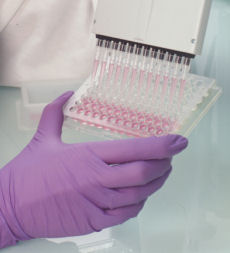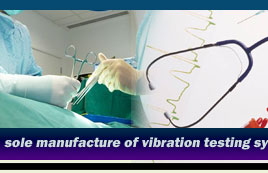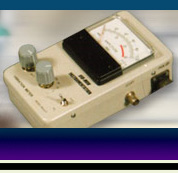The hepatitis B core antigen is formed early in the acute phase of HBV infection but is not readily detectable in the blood of infected individuals. However, exposure to the hepatitis B core antigen causes the corresponding anti-HBc antibodies to be formed.
| |
 |
| |
|
Anti-HBc is a sensitive marker of HBV replication. During the window period (period between loss of HbsAg and appearance of neutralising anti-HBs) of acute HBV infection, anti-HBc and anti-HBc IgM are the only serological indicators of HBV infection.
|
Anti-HBc is maintained at detectable levels for many years, both in patients recovered from the infection as well as in chronic cases. Therefore, in the absence of anti-HBs (a sign of recovery), anti-HBc is a valuable marker of ongoing HBV infection. Recent studies revealed that even in the absence of other viral markers at detectable levels like HBsAg and HBV DNA the detection of anti-HBc in a blood donor may correlate with a risk of transmission of HBV by blood or blood products obtained from that donor.
|
As a marker of past or present HBV infection, anti-HBc is also an indicator of risk factors related to blood- or sexually transmitted infectious diseases like AIDS and non-A, non-B hepatitis. Although the availability of reliable diagnostic tests for HIV and HCV has resolved most of these issues, analysis of post-transfusion hepatitis cases indicates that residual unidentified agents may exist, for which anti-HBc may be an indicator of increased risk (surrogate marker).
Hepanostika anti-HBc Uni-Form
192 tests (24(2x4))
576 tests (72(2x4))



